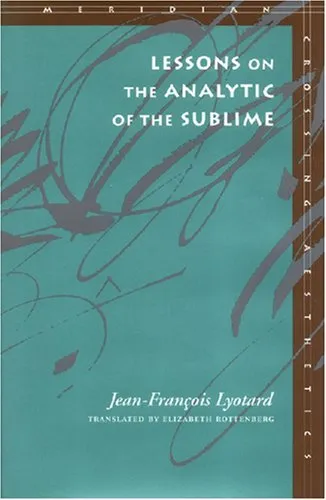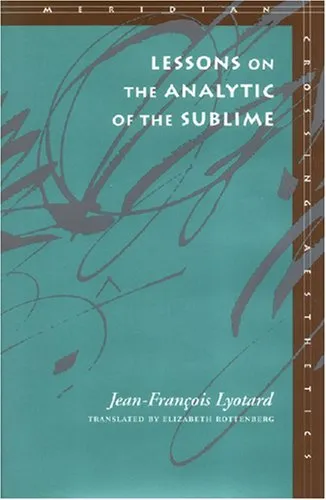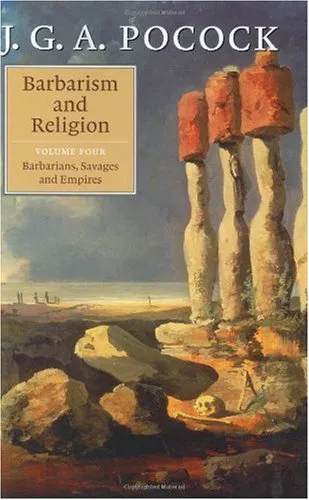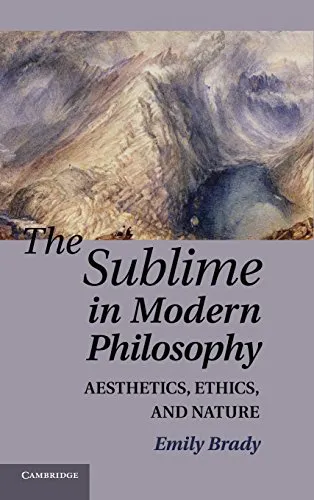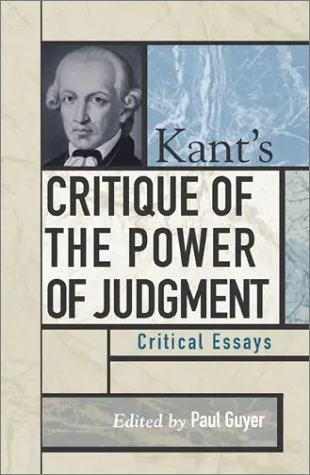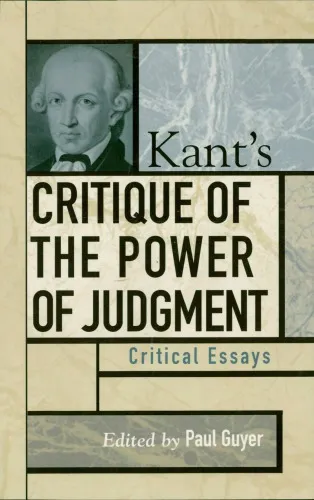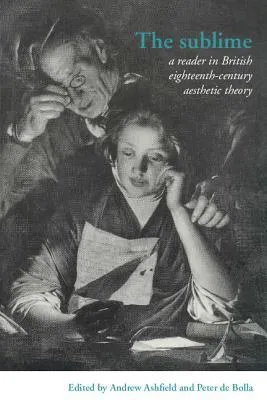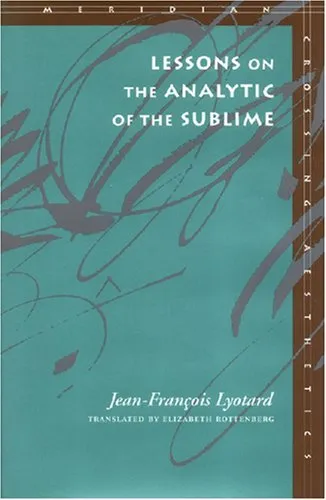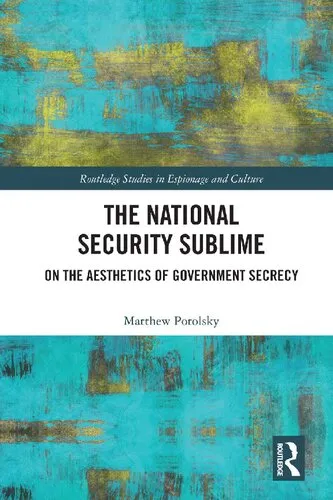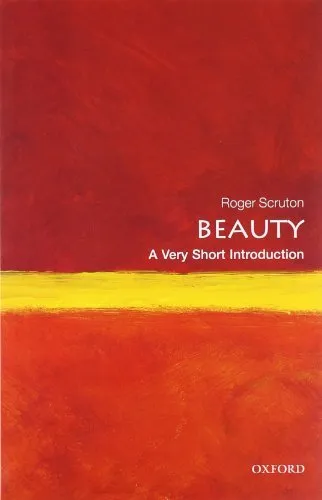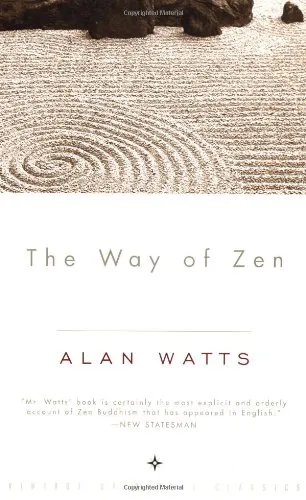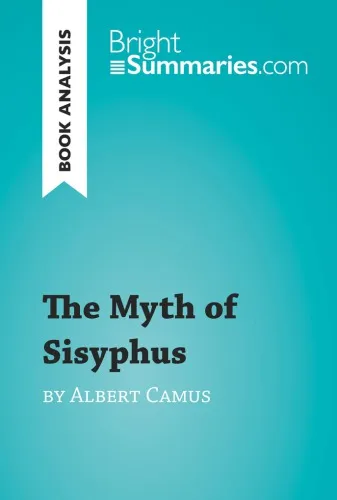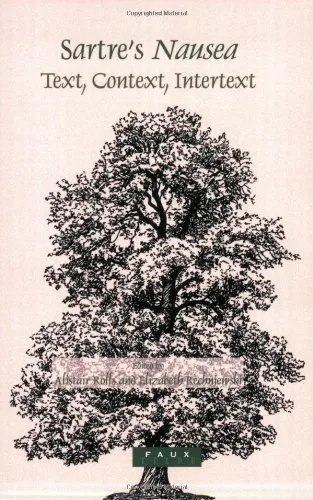Lessons on the Analytic of the sublime: Kant's Critique of judgment, sections 23-29
4.1
بر اساس نظر کاربران

شما میتونید سوالاتتون در باره کتاب رو از هوش مصنوعیش بعد از ورود بپرسید
هر دانلود یا پرسش از هوش مصنوعی 2 امتیاز لازم دارد، برای بدست آوردن امتیاز رایگان، به صفحه ی راهنمای امتیازات سر بزنید و یک سری کار ارزشمند انجام بدینکتاب های مرتبط:
معرفی کتاب
کتاب Lessons on the Analytic of the Sublime: Kant's Critique of Judgment, Sections 23-29 اثر ژان-فرانسوا لیوتار به تحلیل عمیق بخشهای مشخصی از Critique of Judgment از امانوئل کانت میپردازد. تمرکز این اثر بر مفهوم Sublime یا تعالی است که یکی از برجستهترین و پیچیدهترین مفاهیم فلسفهٔ زیباییشناسی کانت به شمار میرود.
خلاصهٔ مفصل کتاب
کتاب لیوتار در واقع کوششی است برای بازگشودن مفهوم تعالی به شکلی که همزیستی تنشگونهٔ میان زیبایی و قدرت در اندیشهٔ کانت آشکار گردد. لیوتار در این کتاب به بررسی تفسیرهای مختلف کانت از Sublime میپردازد و نشان میدهد که چگونه تجربهٔ انسانی از احساسات متجاوز و چیزهایی که بر قدرت درک انسانی غلبه میکنند، موجب ایجاد احساسی خاصی از تعالی میشود.
این اثر از سه بخش اصلی تشکیل شده است. بخش اول به تشریح زمینههای تاریخی و فلسفی Sublime نزد کانت اختصاص دارد. در بخش دوم، لیوتار نقطهنظرات مختلف کانت را دربارهٔ Sublime تحلیل و مقایسه میکند و در نهایت در بخش سوم نتیجهگیریهایی بر اساس این مباحث ارائه میدهد.
نکات کلیدی
- تجزیه و تحلیل دقیق و فلسفی از مفهوم تعالی در سیستم فکری کانت
- روشهای مختلف برخورد با تجربههای غیرمنتظره و متجاوز
- کاوش در مرزهای زیبایی، اخلاق و شناخت انسان
- نشان دادن ارتباط میان تعالی و احساس Heroic در هنر و ادبیات
جملات مشهور از کتاب
"ترسی که در تجربهٔ تعالی وجود دارد، ترس از ناشناخته است، ترس از آنچه که انسان قادر به محصور کردنش در مرزهای فکری خویش نیست."
"تعالی ما را به روی اشتیاقی فراسوی خودمان میگشاید، به فضایی که نهایتاً از دسترس قدرتهای شناختی ما خارج است."
چرا این کتاب مهم است
کتاب لیوتار نه تنها به عنوان یک تحلیل دقیق از متن کانت، بلکه به عنوان اثری مستقل در زمینهٔ بررسی زیباییشناسی و فلسفهٔ ادراک اهمیت دارد. او به واسطهٔ روشهای نوین تفسیری خود، مسیری تازه برای درک مفهوم تعالی پیش پای محققان و فلسفهدوستان میگذارد. لیوتار تلاش میکند تا فراتر از تفسیرهای سنتی کانت به درکی عمیقتر و گستردهتر از Sublime و تاثیرات آن بر احساسات و تفکر انسان دست یابد. به این ترتیب، کتاب هم برای دانشجویان فلسفه و هم برای علاقهمندان به مباحث زیباییشناسی و ادبیات نوین قابلتوجه است.
Introduction
Welcome to an in-depth exploration of Jean-François Lyotard's "Lessons on the Analytic of the Sublime: Kant's Critique of Judgment, Sections 23-29." This book offers a profound analysis of Immanuel Kant's treatment of the sublime within his seminal work, the "Critique of Judgment." Lyotard provides a masterful elucidation of Kant's exploration of the sublime, which is both daunting and alluring, stirring the faculties of imagination and reason in unique ways.
The book offers readers an intricate examination of the concept of the sublime, delving into its philosophical underpinnings and why it continues to be a critical element in aesthetic discourse. Through Lyotard's engaging narrative and critical insight, the reader is invited to journey through Kant's thoughts on how the experience of the sublime serves to enrich human experience, challenging our cognitive capacities and emotional responses.
Detailed Summary
Jean-François Lyotard embarks on an ambitious analytical journey through Kant's sections on the sublime, highlighting the intricate relationship between imagination and reason that defines our encounter with the vast, the formless, and the overwhelming. Lyotard approaches Kant's text not merely as a historical document but as a living dialogue with modern aesthetic and philosophical thought. He deconstructs Kant’s notions, emphasizing their relevance to contemporary debates on aesthetic theory, postmodern ideas, and cultural criticism.
The book is meticulously structured to walk the reader through the dense philosophical terrain that Kant presents. Lyotard examines the concept that the sublime is a discursive space where human faculties are pushed to their limits. This engagement with the limits allows an introspection into the nature of fear, awe, and the human condition, making sense of the seemingly senseless and grappling with experiences that resist total comprehension.
Key Takeaways
- The sublime transcends mere aesthetic experience, challenging our capacity for judgment and understanding.
- Lyotard interprets Kant's sublime as a pivotal point for postmodern thought, questioning the roles of narrative and perception.
- The experience of the sublime reveals the tension between our mental faculties, fostering a deeper understanding of the self and the world.
- Lyotard deftly links Kantian aesthetics with contemporary dialogues, providing valuable insight into the continuing resonance of the sublime.
Famous Quotes from the Book
"The sublime, then, is where the faculties of the human mind engage in a form of aesthetic rivalry with each other."
"In the experience of the sublime, we find the recognition of an excess beyond measure, a movement that transgresses the boundaries of rational apprehension."
Why This Book Matters
Lyotard's work is essential for those interested in deepening their understanding of both Kantian philosophy and the broader discourse of the sublime within aesthetic theory. It bridges Kantian insights with contemporary thought, illustrating the relevance of philosophical concepts in analyzing modern cultural and artistic phenomena. The book is also critical for those exploring the intersections between postmodern theory and traditional philosophical inquiries, providing a platform for intellectual dialogue and cross-examination.
Moreover, "Lessons on the Analytic of the Sublime" serves as a significant text for those seeking to comprehend the profound impact of the sublime on human cognition, creativity, and cultural expression. It is a testament to Lyotard's intellectual prowess and his ability to make complex ideas accessible and relevant to modern audiences.
دانلود رایگان مستقیم
شما میتونید سوالاتتون در باره کتاب رو از هوش مصنوعیش بعد از ورود بپرسید
دسترسی به کتابها از طریق پلتفرمهای قانونی و کتابخانههای عمومی نه تنها از حقوق نویسندگان و ناشران حمایت میکند، بلکه به پایداری فرهنگ کتابخوانی نیز کمک میرساند. پیش از دانلود، لحظهای به بررسی این گزینهها فکر کنید.
این کتاب رو در پلتفرم های دیگه ببینید
WorldCat به شما کمک میکنه تا کتاب ها رو در کتابخانه های سراسر دنیا پیدا کنید
امتیازها، نظرات تخصصی و صحبت ها درباره کتاب را در Goodreads ببینید
کتابهای کمیاب یا دست دوم را در AbeBooks پیدا کنید و بخرید
1382
بازدید4.1
امتیاز0
نظر98%
رضایتنظرات:
4.1
بر اساس 0 نظر کاربران
Questions & Answers
Ask questions about this book or help others by answering
No questions yet. Be the first to ask!
